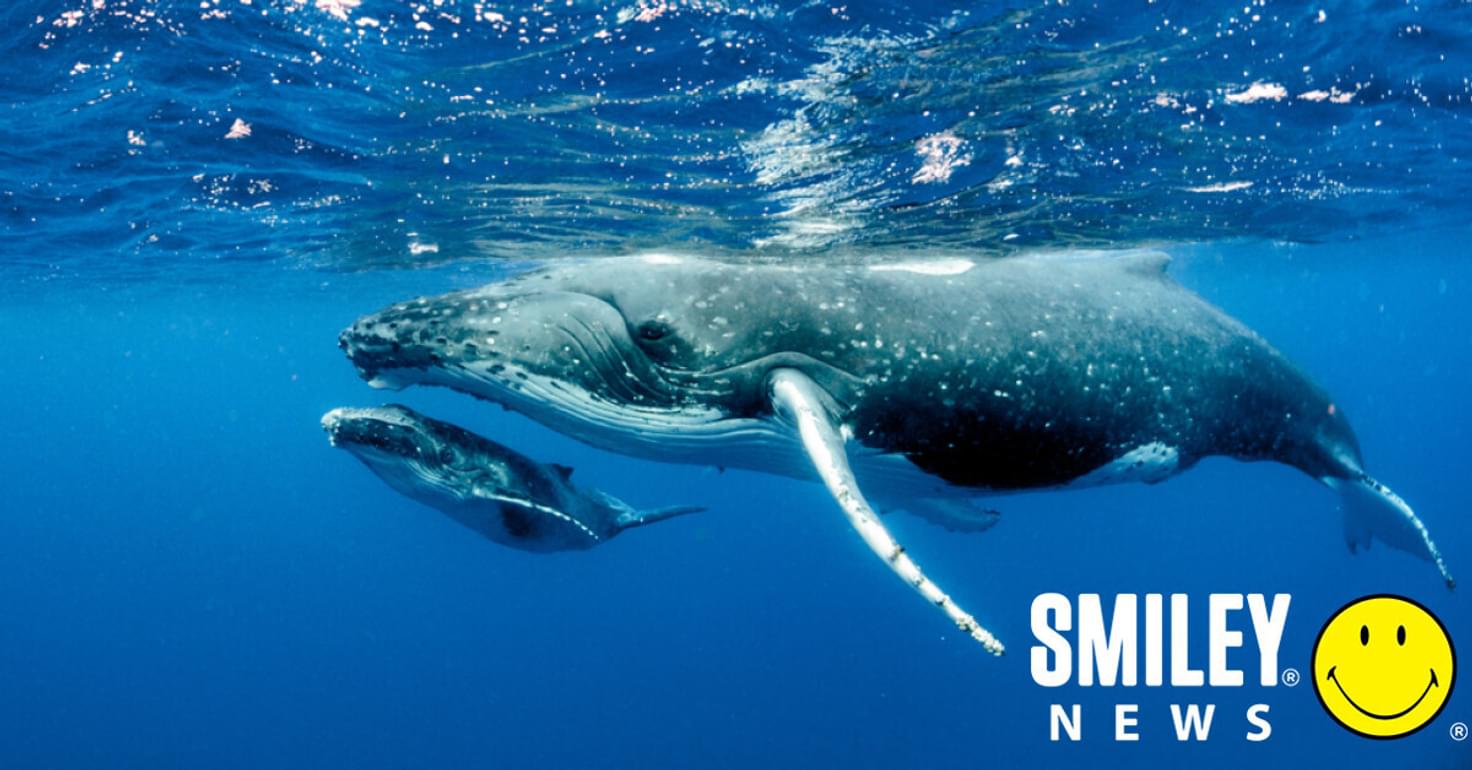
Words by Smiley Team
Yes, you read the headline correctly. Fake whale poo is the latest solution offered by researchers to support ocean biodiversity.
Led by the British government’s former chief scientific advisor, Sir David King, marine conservationists hope that by mimicking the properties of whale faeces, they can support sea life and tackle climate change.
“We are trying to repopulate the ocean,” explained David, who now runs the Centre for Climate Repair at the University of Cambridge.
Over March and April 2022, the team will begin the project to protect marine ecosystems off the west coast of India. The project involves six universities and research centres working together to experiment with an approach they call marine biomass regeneration.
The researchers have yet to decide on the exact process for producing fake faeces, but they're considering volcanic ash or sand rich in iron as likely possibilities.
Their hypothesis is based on the natural benefits observed in whale faeces. When whales defecate into the ocean their excrement serves as a fertiliser for phytoplankton. These microscopic water plants help maintain the balance of chemicals in the ocean and offer a key food source for sea creatures.
In the process, the phytoplankton boosts marine biodiversity and absorb carbon from the atmosphere, helping to tackle climate change.
David is very convinced by such approaches, having suggested they have the potential to lock away billions of tonnes of carbon. However, he doesn’t expect it will solve everything.
“I don’t know whether the experiment will be the final answer,” David told the New Scientist.
Instead, he hopes that eventually, the whale population will recover, making fake faeces redundant and maintaining the restoration process without the continued need for human intervention.
DONATE: To help protect marine creatures, restore biodiversity and tackle ocean pollution, donate to Sea Shepherd.
SUPPORT: If you spot discarded fishing nets, lines or other industry equipment in the ocean that could harm sea life, report it to Sea Shepherd.